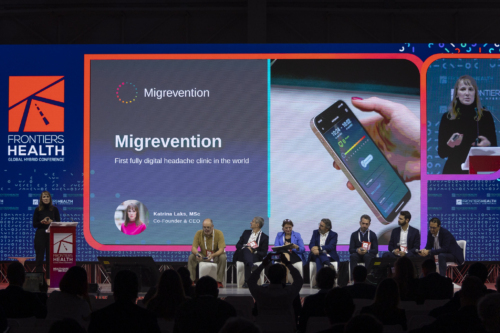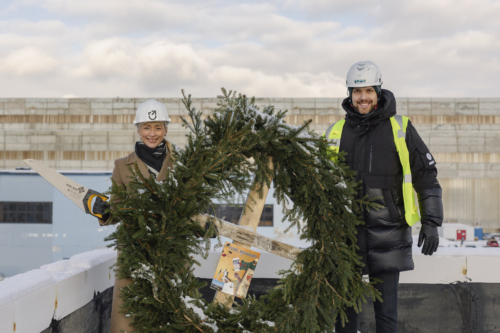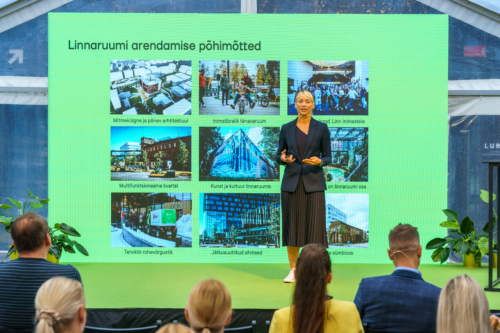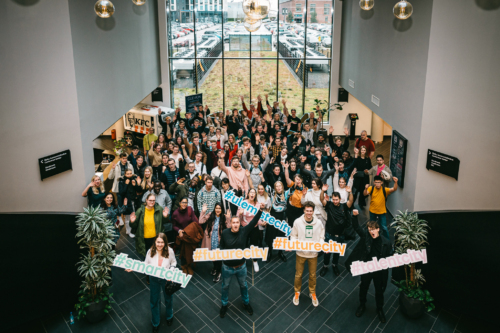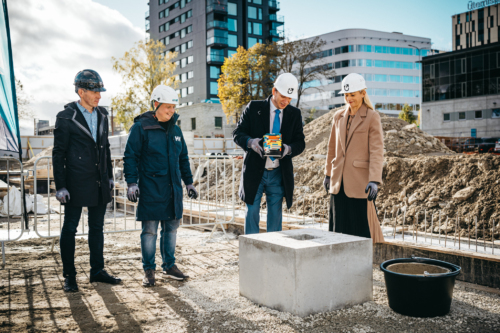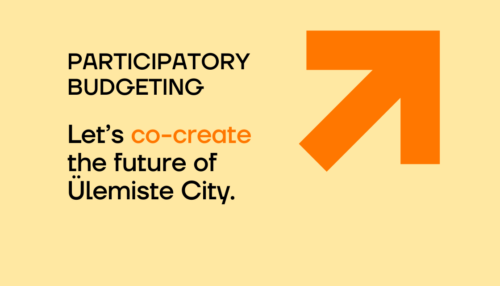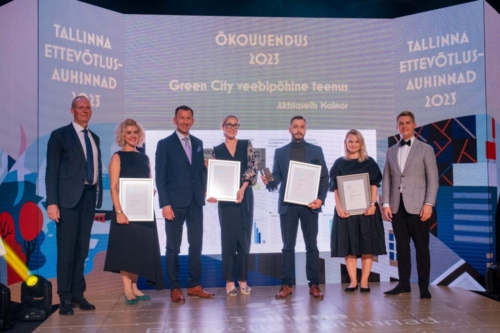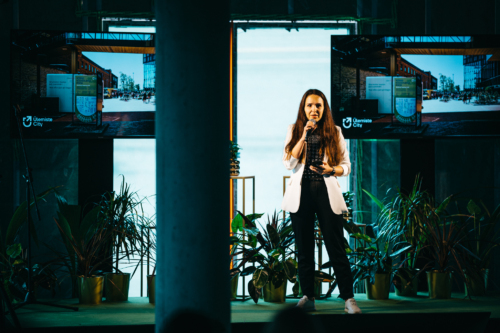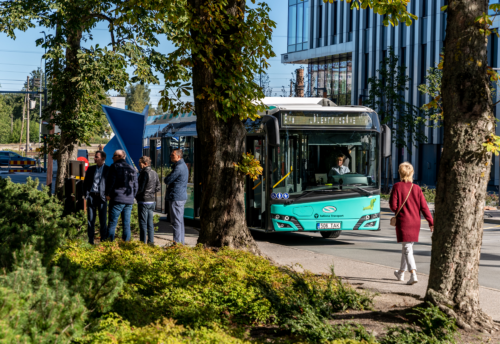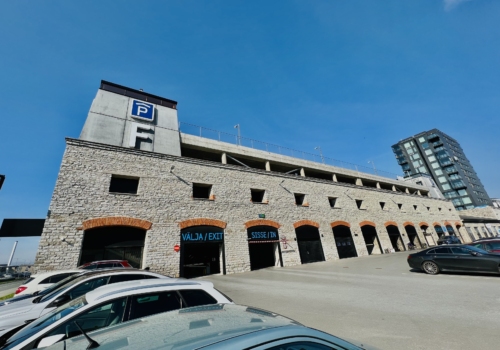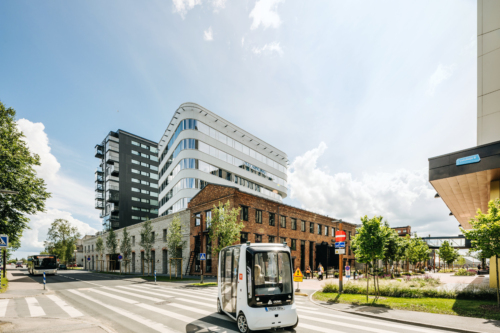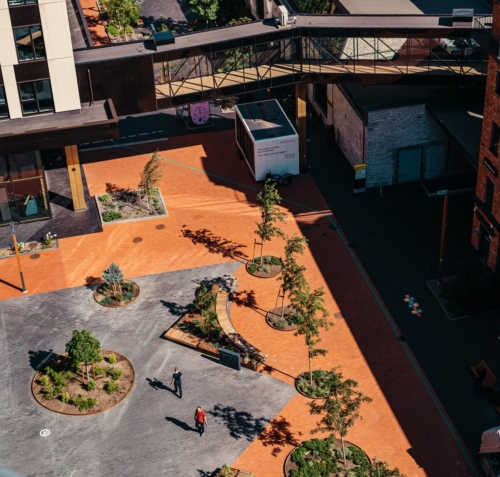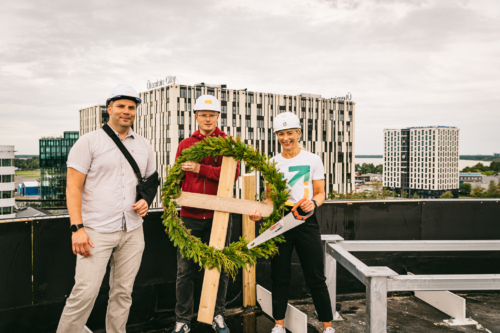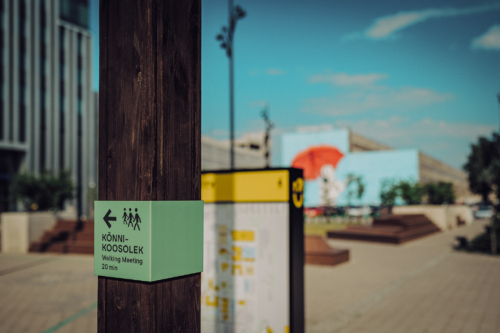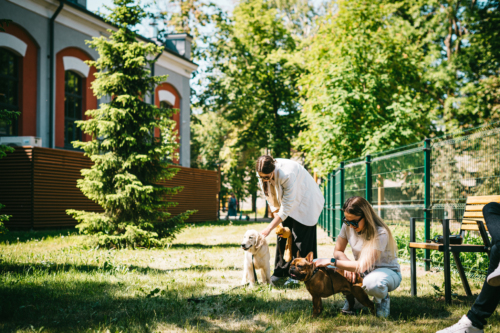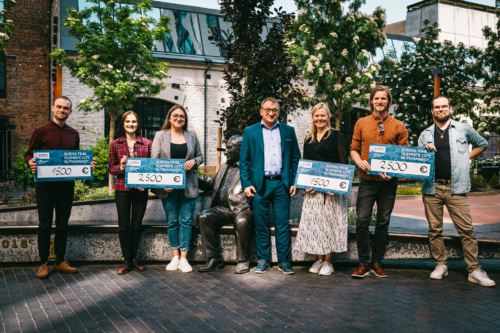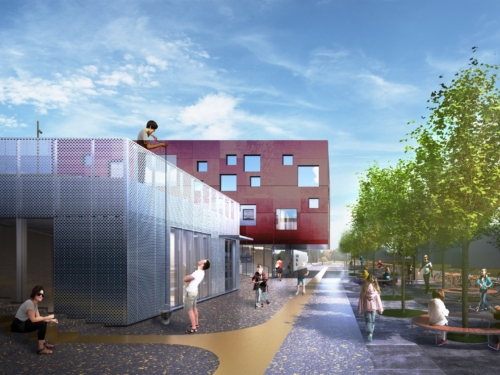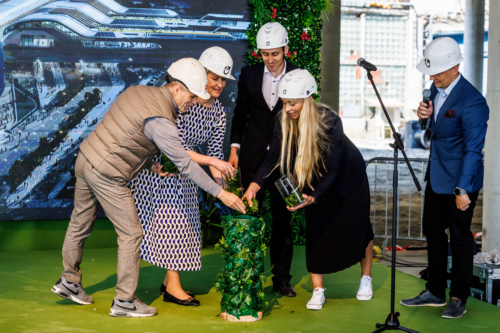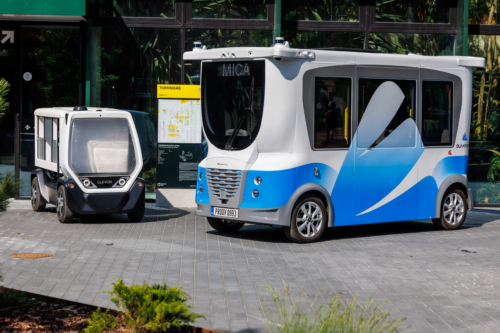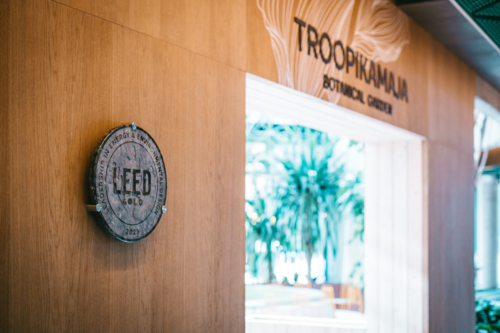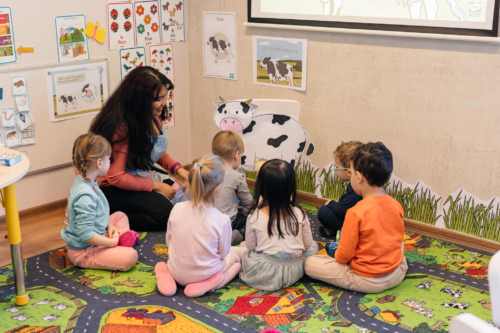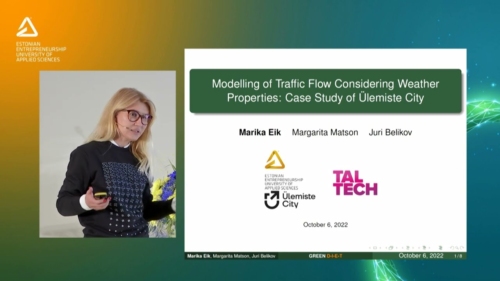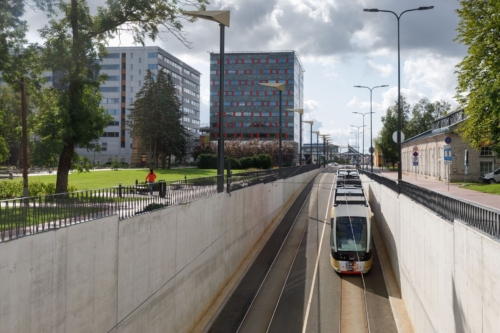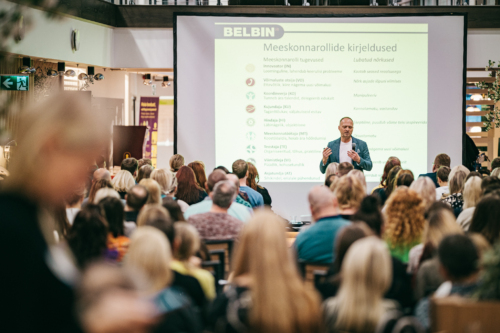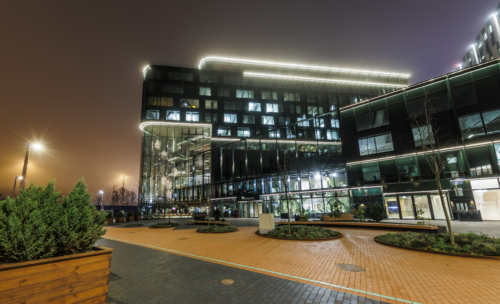The unique training programme brings the businesses and employees of the business campus together with leading universities
The Ülemiste City training credit programme, together with its first lectures, launched yesterday. It is a cooperation project between AS Mainor, the campus’s businesses and Estonia six leading universities, recognised as setting a global precedent.
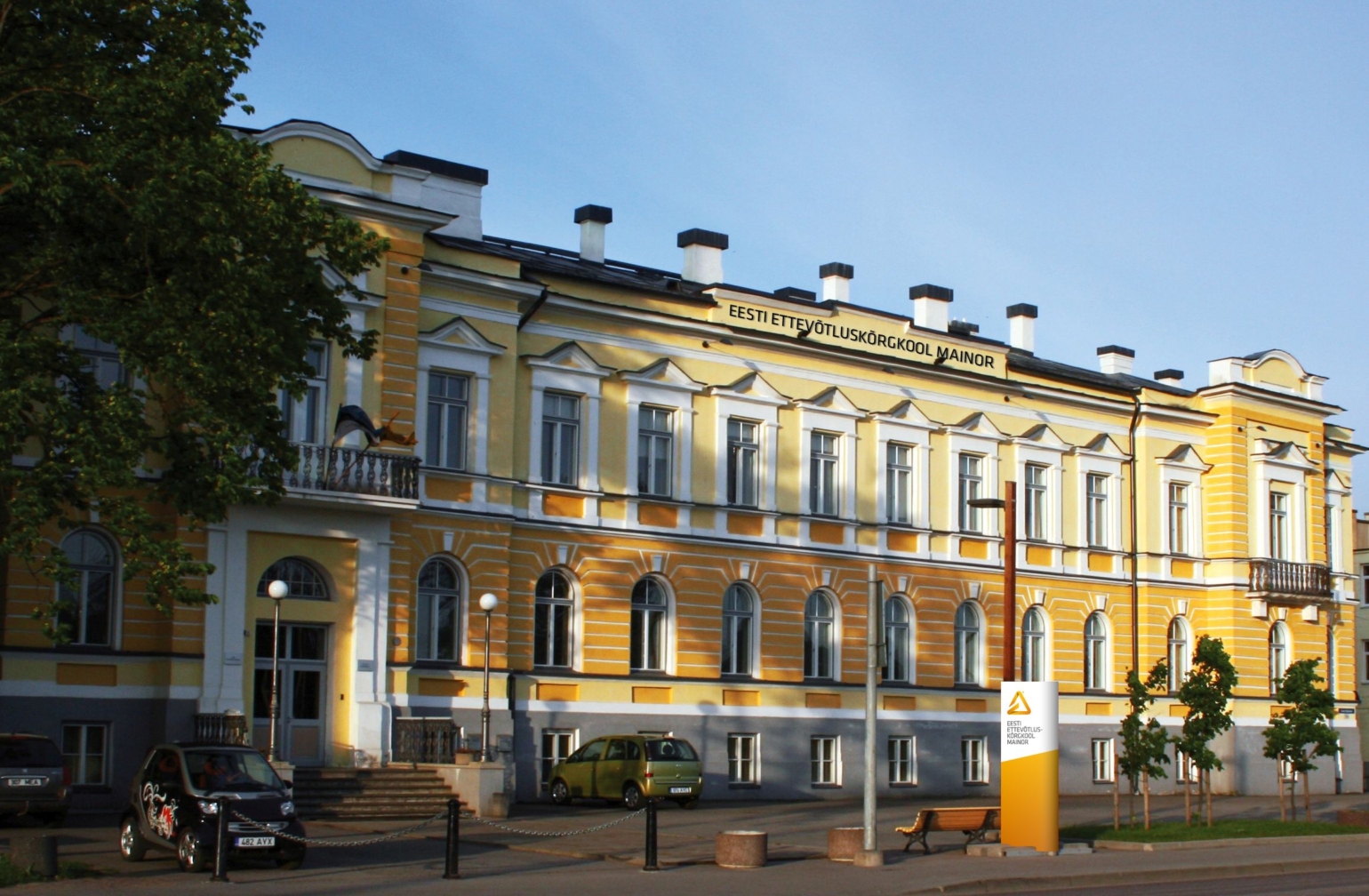
The training credit programme brings together Ülemiste City’s businesses and Estonia’s universities, giving the campus’s businesses the opportunity to use a certain number of course credits from universities during the year. During the school year, the community will be offered up to 6000 hours of free training, the monetary value of which is in the order of EUR 150,000, said Kadi Pärnits, Chairman of the Management Board of AS Mainor.
‘We are aware of various global and Estonia based initiatives to consolidate trainings into a single whole. This has been particularly true of e-learning. The synergies created here is unique in its nature and should serve several purposes at once’, said Kadi Pärnits.
She explained: ‘We encourage the employees of businesses to participate in the trainings offered by universities, while extending cooperation between companies and educational establishments in the field of research, consultations or any joint projects. Sixty-four per cent of the campus’s employees are highly educated, which is over 50 per cent above the Estonian average, but there is still some room of self-improvement. The transition of universities to a shared training platform is also unique. In this way, new opportunities arise for universities in introducing and selling trainings, study programmes and product developments. Promoting the local environment and creating added value for businesses and talents supports the wider development of education and the economy in Estonia.’
The University of Tartu, TalTech, Tallinn University, Estonian Academy of Arts, Estonian Entrepreneurship University of Applied Sciences, and Tallinn Health Care College have joined the training credit. There will be a hundred different trainings in the selection, covering an extensive range of specialties – you can find out more about them on the website www.koolituskrediit.ee.
In total, nearly 500 businesses are operating in the largest business campus in the Baltics. In the autumn, a pilot project carried out with the participation of 16 of those businesses revealed that the focus must be placed primarily on diversity, emphasized Eneken Titov, Member of the Management Board of AS Mainor, who is responsible for the programme. ‘The range of topics of interest turned out to be quite broad. From this, we concluded that no area is more important than another. One of the most popular was, for example, lectures related to psychology. Also, financial issues from the point of view of an employee, not so much from the point of view of a specialist.’
‘As Mainor is actively and innovatively engaged in developing the entire local community, I would also like to describe the initiative behind the training credit programme. It’s a great idea. Undoubtedly, any bold venture needs a kick-start, so to speak – for example, it was not easy for our experts and specialists to find suitable lectures – but this is completely natural at first’, said Merle Nurmoja, Human Resources Development Manager at the Estonian Tax and Customs Board, one of the largest tenants in Ülemiste City.
A foundation of knowledge and collaboration pave the way for a new urban culture
Ülemiste City’s developers have cooperated with leading Estonian universities in the past. For example, last year a memorandum was signed with the University of Tartu, launching a wide-ranging health promotion programme with the aim of improving the health behaviour of more than 12,000 talents living and working in the campus.
‘Creating a new urban culture, together with the involvement of the knowledge and experience of the best specialists, is the key to creating an increasingly motivating work, development and living environment. By focusing on innovation and cooperation, we hope to become a leader on a global scale’, noted Kadi Pärnits.


